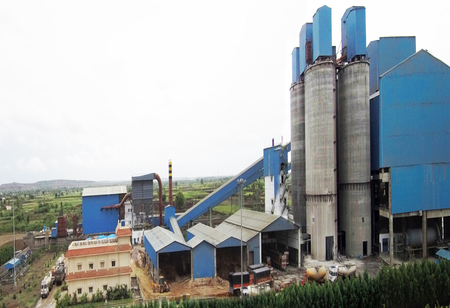Hyderabad based Penna Cement Industries, a well-established united cement player with a strong brand recall in southern and western states of India, has refiled for its Initial Public Offering to fundraise Rs1300cr via a new issue of equity shares and a proposal for sale of up to Rs250cr by the Promoter Selling Shareholders, aggregating to Rs1,550cr.
Objects of the Net Proceeds are to Repay/Prepay Rs550cr of particular borrowings availed by the firm apart from funding capital expenditure necessities of Rs105cr for its KP Line II Project, Rs 80 crore towards upgrading its raw grinding and cement mill in Talaricheruvu, Rs 110 Crore and Rs130cr towards building up a waste heat recovery plant in Talaricheruvu and Tandur and general corporate purposes.
Incorporated in 1991 and commenced operations in 1994, PCIL bids major variants of cement, including Ordinary Portland Cement, Portland Pozzolana Cement and Portland Slag Cement and stands to be one of the largest privately apprehended cement companies in India. It functions out of 4 ISO certified integrated manufacturing facilities and two grinding units across Andhra Pradesh, Telangana and Maharashtra with an aggregate capacity of 10 MMTPA as of March 31, 2021. It is expected to reach 16.5 MMTPA by FY24.
In May 2019, the firm attained Singha Cement, a Sri Lankan Cement Company that runs a packing terminal in Colombo, to enhance its focus on having a port-based distribution strategy. Besides, it has commissioned one of the largest port-based cement terminal in India at Krishnapatnam with an automated ship loading facility and packing terminals at Cochin, Gopalpur and Karaikal ports.
In Financial 2021, the company’s revenue from operations, EBITDA and profit for the year stood at 2,476.39cr, Rs479.84cr and Rs152.07cr, respectively.
Investment Bankers agreed to the Issue are Edelweiss Financial Services Ltd, Axis Capital Ltd, ICICI Securities Ltd, JM Financial Ltd and Yes Securities (India) Ltd.
Cement industry in India is likely to grow at a CAGR of 6-7% between FY21 and FY26 on account of infrastructure investments, healthy revival of the housing demand and various Government Initiatives.
